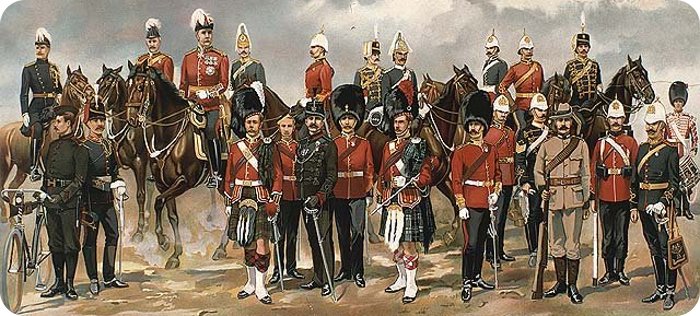Topic: Canadian Militia

The Militia Drill
Military men will certainly sympathize with the efforts at present being made by the numerous colonels occupying seats in Parliament to secure from the Government a more thorough militia drill than that now given.
The Toronto Daily Mail, 9 May 1891
Military men will certainly sympathize with the efforts at present being made by the numerous colonels occupying seats in Parliament to secure from the Government a more thorough militia drill than that now given. If the militia is, in any of its ramifications, wanting in efficiency, the circumstance is attributable, not to lack of spirit of energy on the part of the force, but to the want of opportunity to acquire the necessary knowledge of military life. The city battalions are, for the most part, well disciplined and well prepared for service. Regarding them little or no criticism can be made. But when some of the rural battalions are looked into evidences of weakness are at once discernible. There is nothing wanting here, however, in the way of physique or of willingness to perform duties undertaken. Whatever is amiss is the result of the system. The rule is that all battalions shall be drilled in camp once every two years. This regulation is not universally observed. It has been stated that there is a battalion which has not enjoyed camp advantages for many years. But the “every other year” plan is not productive of good results in all cases, because it is accompanied by the three-year enlistment system. A volunteer may join on an off year. The following year he goes to camp, and in the next year he remains at home. Thus his three years' experience gives him but ten days genuine instruction. Nor is the instruction invariably calculated to make the pupil perfect. A man may learn to sleep in his cloths on the damp ground, to cook rations, and to perform minor duties; but his introduction to the weapon he would have to use in war is too sudden and too short to be of actual service to him. The men are allowed to fire a limited number of rounds at a target in the presence of a musketry instructor, and there their education in the use of the rifle terminates. What stands in the way of a more perfect education is the expense the enterprise would involve. Among some military experts the belief is entertained that it would have paid us better to undertake this expense than to increase the batteries and infantry companies now doing permanent service. The regular companies certainly cost something, and it stands to reason that their drafts upon the general militia fund reduce the amount available for the instruction of the country corps. In a recent article Captain Cartwright made several suggestions with regard to militia management that seemed to be worthy at least of consideration. He proposes that all the officers shall be properly certified men. This change can be effected by the offering of sufficient financial inducements to the officers to attend the military schools and pass their examinations. Then the term of service for officers should be restricted, so that young men may reach, through promotion, the higher positions. He also proposes that instead of calling out for annual drill one-half of the entire force, a certain number of every battalion, say ten, shall be brought to camp annually. These, if men who are likely to remain in the service, will be able to turn to account all they learn from their efficient, because certified, officers, and convey a fair idea of soldiering to their comrades. But it would be well for Parliament, before adopting a new system, to examine the old one, and to discover exactly where its weaknesses are, and what their causes may be. A complaint cannot be cured until it has been fully diagnosed.

